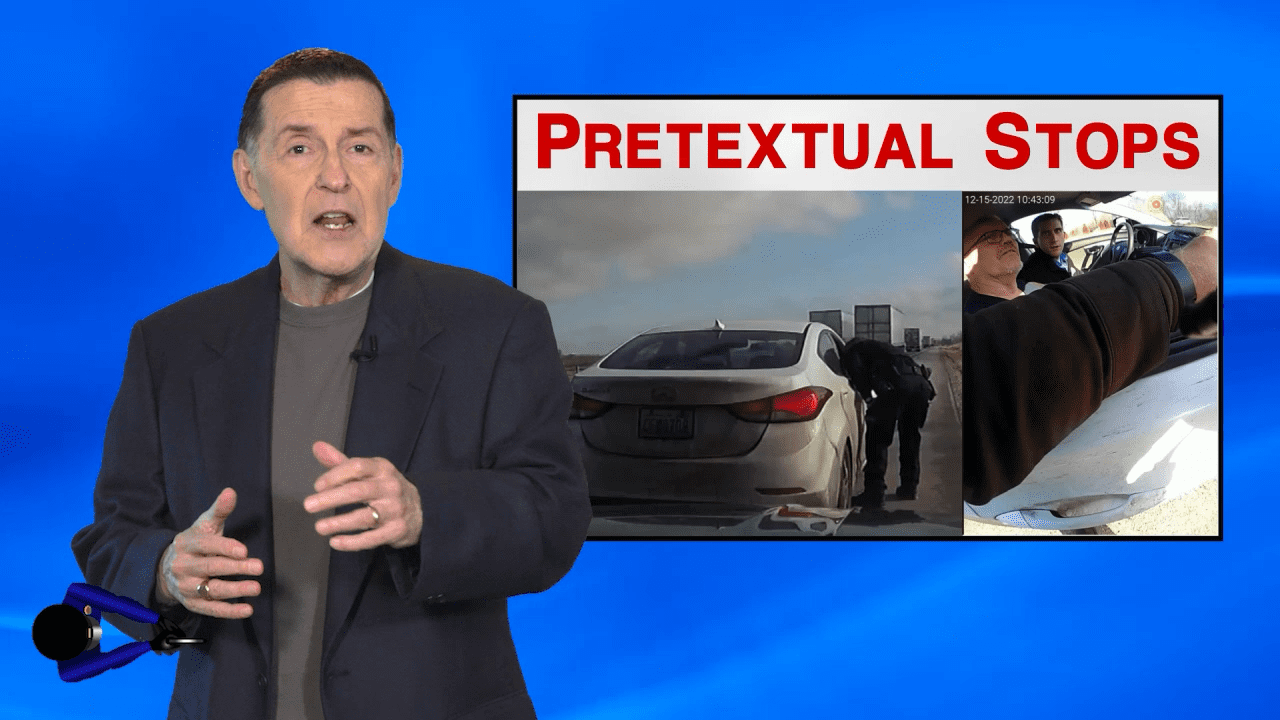
About this course
Overview
One of law enforcement’s most controversial issues in recent years has been pretextual stops, traffic and pedestrian. Such stops include broken taillights, following too closely, sudden lane changing, hanging license plates, expired tags, bulky clothes or jackets that seem to list to one side, refusal to make eye contact, etc. The officer may make such stops with the subjective opinion that there could be more illegal or criminal activity than the ‘pretextual’ reason he/she made the stop in the first place. Some law enforcement agencies have moved away from pretextual stops feeling that they may be racially-motivated or biased. Others still maintain that they are extremely valuable tools for officers who feel that their instincts and experience, even though subjective, could lead them to other, more significant crimes. Although this program makes the case for pretextual stops, it is, of course, not the final arbiter. It is only meant to add to the discussion and, hopefully, help lead to greater safety for officers and the public they protect and serve.
THE PROGRAM
The program begins by highlighting two traffic stops made the same day of the same vehicle by two different officers in Indiana. Both stops were pretextual (following too closely), and both stops were made at the request of fellow law enforcers in Washington and Idaho. They were wanting ‘intel’ regarding the murders of four college students and became aware the suspect was driving from Washington state to his home in Pennsylvania. So, the Indiana officers (a deputy and a trooper) made the stops on the pretext the motorist (the suspect) was following too closely. It gave the officers the opportunity to ask discreet questions and ‘get a feel’ for the travelers’ intentions. They were excellent examples of pretextual stops that worked as they are intended to do. The program also points out that, legally, pretextual stops have been ruled viable by the U.S. Supreme Court.
Course Video Preview:
